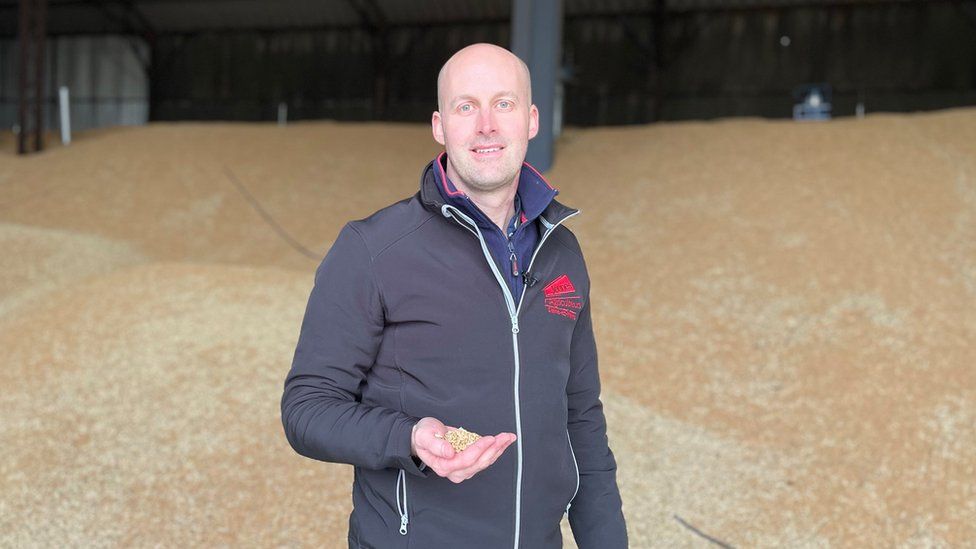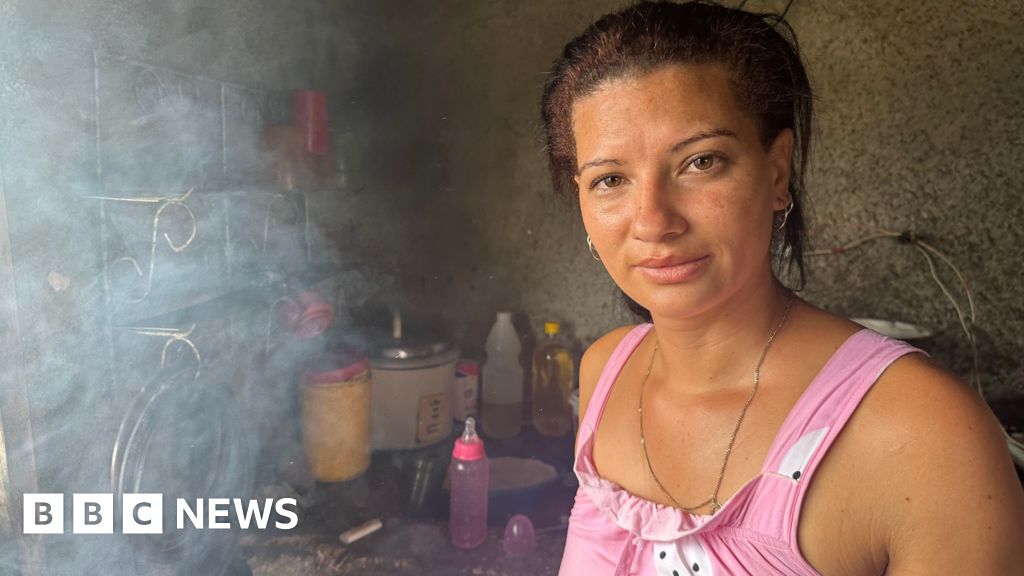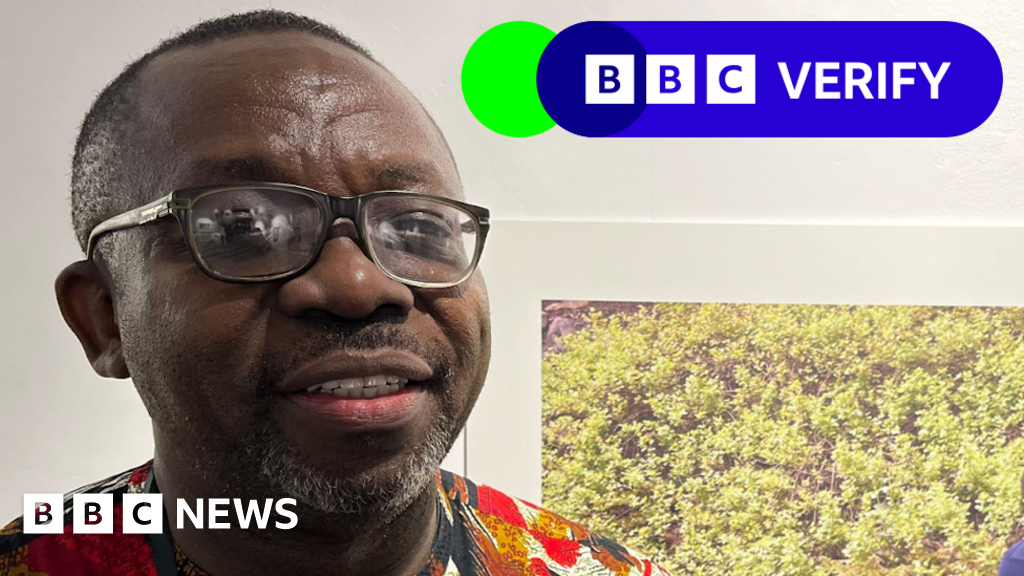ARTICLE AD BOX

Yves Coppé has been heavily involved in the recent farmers' protests near Paris
By Andrew Harding
BBC News, Mousseaux les Bray, Paris region
Like many farmers, in France and far beyond, Yves Coppé finds much to worry about these days. If you ask him to list his troubles, he likes to start with a story about hundreds of thousands of missing baguettes.
Standing by a huge barn on a gentle green hillside, some 120km (75 miles) southeast of Paris, the 39-year-old surveyed the 300 hectares, of wheat, rape seed and a few other crops, that he inherited from his parents. An engraving on an old stone arch nearby dates the farm's origins back to 1787.
"It's just not sustainable," he said.
Coppé was just back from helping to organise one of the nationwide protests that has seen farmers block French motorways with tractors and bales of hay. He's the head of the local young farmers' association in the Seine-et-Marne department, which has been closely involved in co-ordinating the convoys of farm vehicles.
"Don't your English farmers do this?" he asked, explaining that such organised demonstrations and disruptions have always been the way that he and his colleagues got their government's attention.
Farmers blocked French motorways with tractors and bales of hay in an attempt to get the government's attention
Coppé and his neighbours, farming downstream from the French capital, have many concerns. Even this summer's Olympic Games are a source of worry, since the organisers are planning to block the River Seine for water sports at a time when farmers need the river to transport their grain by barge.
"The officials asked us to delay the harvest," he laughed, as if such an impossible request summed up the ignorant attitude of some French government bureaucrats.
Coppé, who quit his job as a manager with the car manufacturer Renault eight years ago to take over the family farm, is concerned about new data that shows around half of all French farmers will be retiring in the course of the next decade, and the industry is failing to recruit enough young farmers to replace them.
But who would become a farmer today, he wondered, when profits are so hard to find, prices for the huge machinery required are rising so fast, and the job now requires dozens of hours of paperwork every week?
Fundamentally, though, Coppé's concerns boiled down to a sense of injustice - the belief that French farmers are no longer competing on a level playing field.
"We all support the European Union, but we need it to have a stable framework that suits all of its member states. France tends to add extra burdens to the EU's rules so we find ourselves with unfair competition. We're not playing by the same rules," Coppé explained.
And that applies beyond the EU's borders too.
"Products travel around the planet, sometimes 10,000km, and they arrive here with a lower price tag than our own products," he said, citing countries like Canada and New Zealand which are often mentioned as having different standards to French produce.
But what about those French baguettes?
As part of the European Union's plans to meet climate commitments, it has introduced new rules requiring farmers to leave 4% of their land unused, or fallow.
Coppé reckons that means he's unable to plant wheat on the equivalent of 16 football fields, which translates into "100 tonnes of grain, which is the equivalent of 80 tonnes of flour, which makes 300,000 baguettes. And this is just from my small farm - 300,000 baguettes…. A large amount of unmade goods that would, potentially, be imported into the EU. It's not sustainable. We don't follow the logic," Coppé declared.
He insisted he was all in favour of tackling climate change, but that the set-aside rule made no practical sense.
"We do have an ecological perspective. But we can't forget the economic side. Without that, we can't survive," he said.
The farmers' protests are the first major test for new Prime Minister Gabriel Attal
So, what of the new moves outlined on Thursday by France's new prime minister, Gabriel Attal, in response to the farmers' protests? Mr Attal - at 34, he's five years younger than Coppé - has promised to reassert French "sovereignty" over food production, and to tighten import controls.
"It makes no sense to ban pesticides in France before such decisions are taken on an EU level, we will end this practice," Attal said.
On his farm, Coppé gave the new prime minister credit for "listening. We can't take that away from him." He said he was proud of the protesters and pleased by the warm reaction of the French public.
"I've never seen so many tractors out," he said.
But Coppé expressed wariness about changes getting bogged down at the European level, with all 27 nations needing to approve legislation regarding the 4% rule. "We still need to convince a few countries for changes to happen," he warned, still worried about all those missing baguettes.

 8 months ago
91
8 months ago
91








 English (US)
English (US)